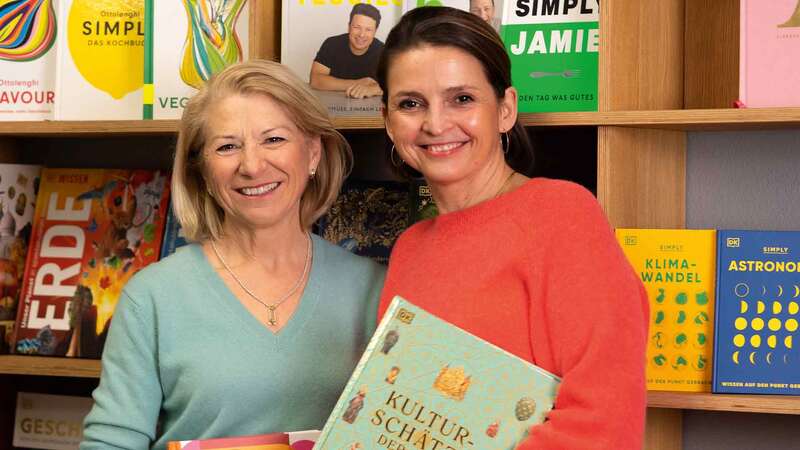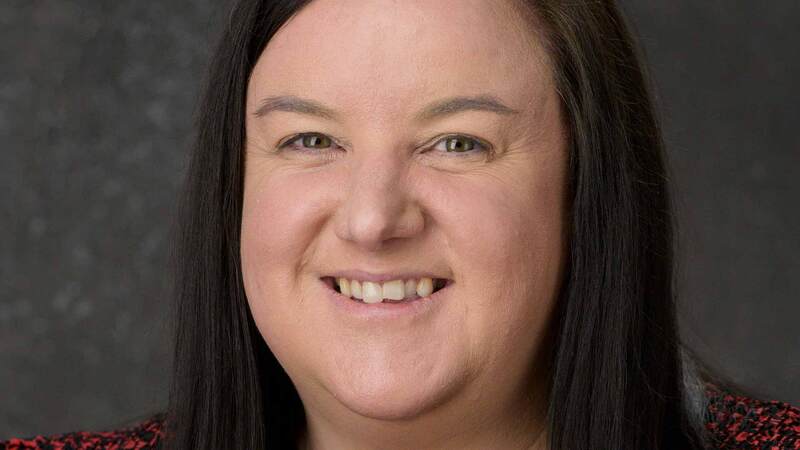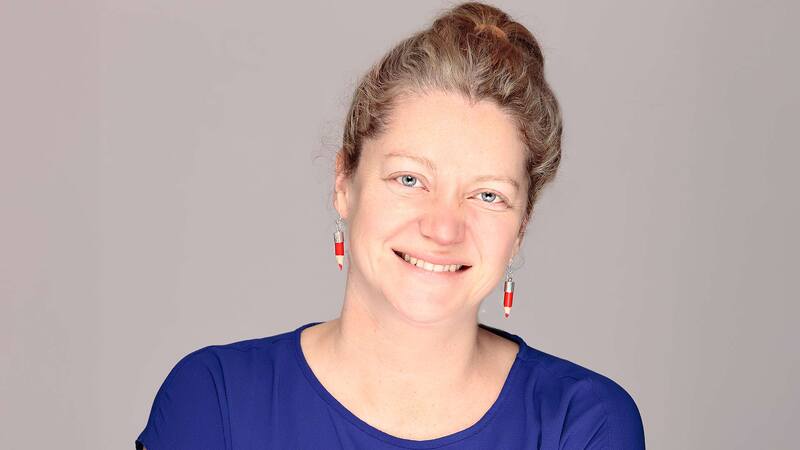You are viewing your 1 free article this month. Login to read more articles.
Fig Tree pre-empts new novel from Booker longlistee Leila Mottley in six-figure deal
Fig Tree has pre-empted The Girls Who Grew Big, the new novel from Leila Mottley, the Booker-longlisted author of Nightcrawling (Bloomsbury).
Helen Garnons-Williams, publishing director, acquired UK and Commonwealth rights in a six-figure pre-emptive two-book deal, from Suzanne Smith at Knopf. North American rights were acquired by Diana Miller at Knopf from Lucy Carson and Molly Friedrich at The Friedrich Agency. Fig Tree will publish in hardback in summer 2025.
The Girls Who Grew Big follows three teenage mothers in the Florida panhandle. The synopsis says: “Caught up in a tangled web of relationships and relying on each other in a town that ostracises them, these three young mothers defy every expectation of who and what a mother should be as they navigate the miracle that is motherhood and the paradox that is girlhood.”
The publisher hailed the novel as “full of hope and love” which “explores the vectors of race and class, family and education and is a fiercely beautiful portrayal of survival and sisterhood, prejudice and power, and defying the expectations of others and yourself”.
Garnons-Williams said: “We are absolutely thrilled to welcome Leila Mottley to Fig Tree with her blazing, multi-voiced new novel. A story of young parenthood, of the freedoms – and dangers – to be found at the margins of society, The Girls Who Grew Big is simultaneously huge-hearted and hard-hitting and we are tremendously proud to be publishing it in the UK.”
Mottley added: “I’m honored to bring this story of three radically different young women who find themselves in the glorious and terrifying position of motherhood to a UK audience with Fig Tree. We rarely get to see narratives of young mothers living a full life, raising their children, pursuing love, getting heartbroken, dancing on a beach in the back of a red pickup truck. Meaning, we rarely get to see young mothers as complete people, containing multitudes. I hope that changes, and I hope this book can be a start.”



















